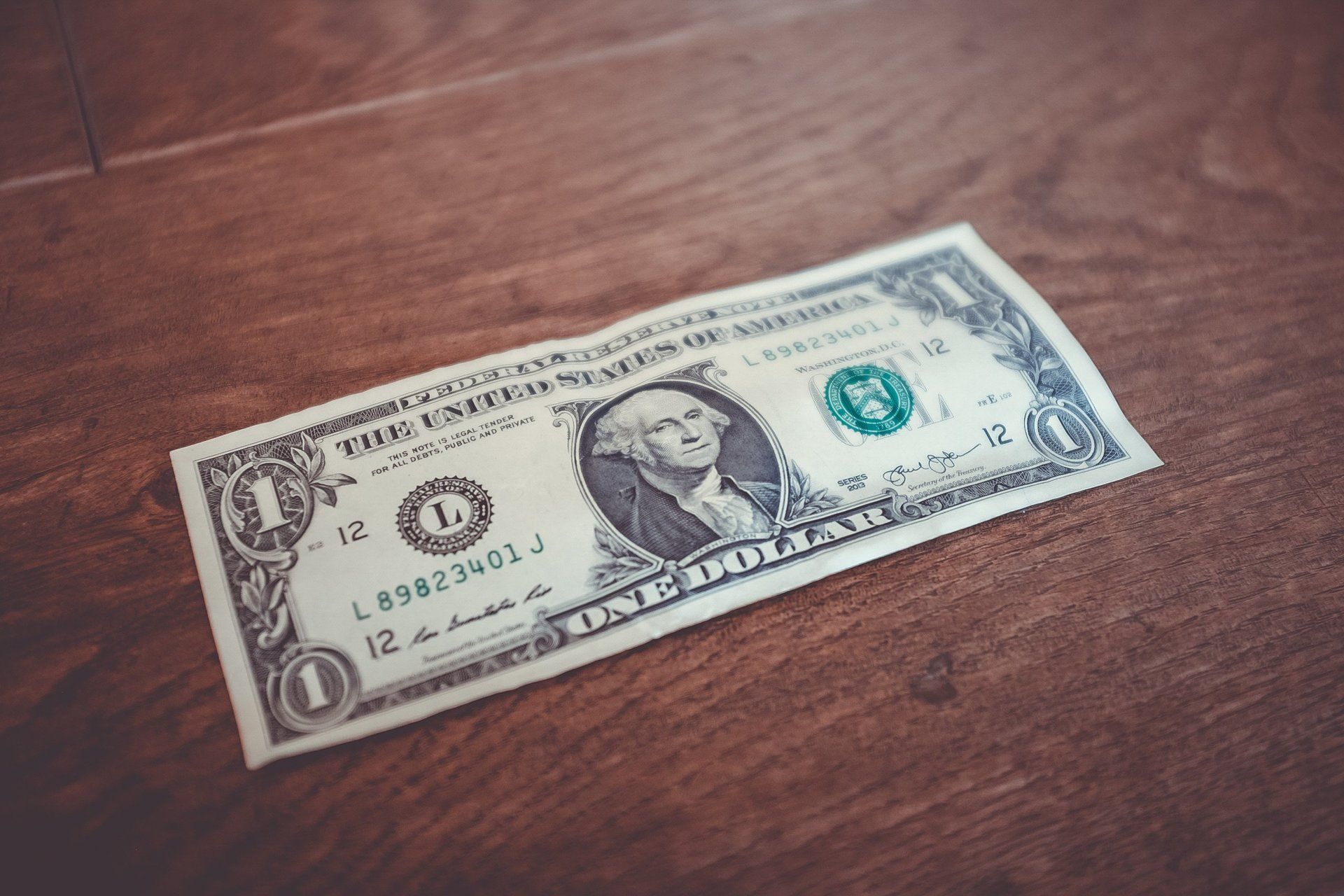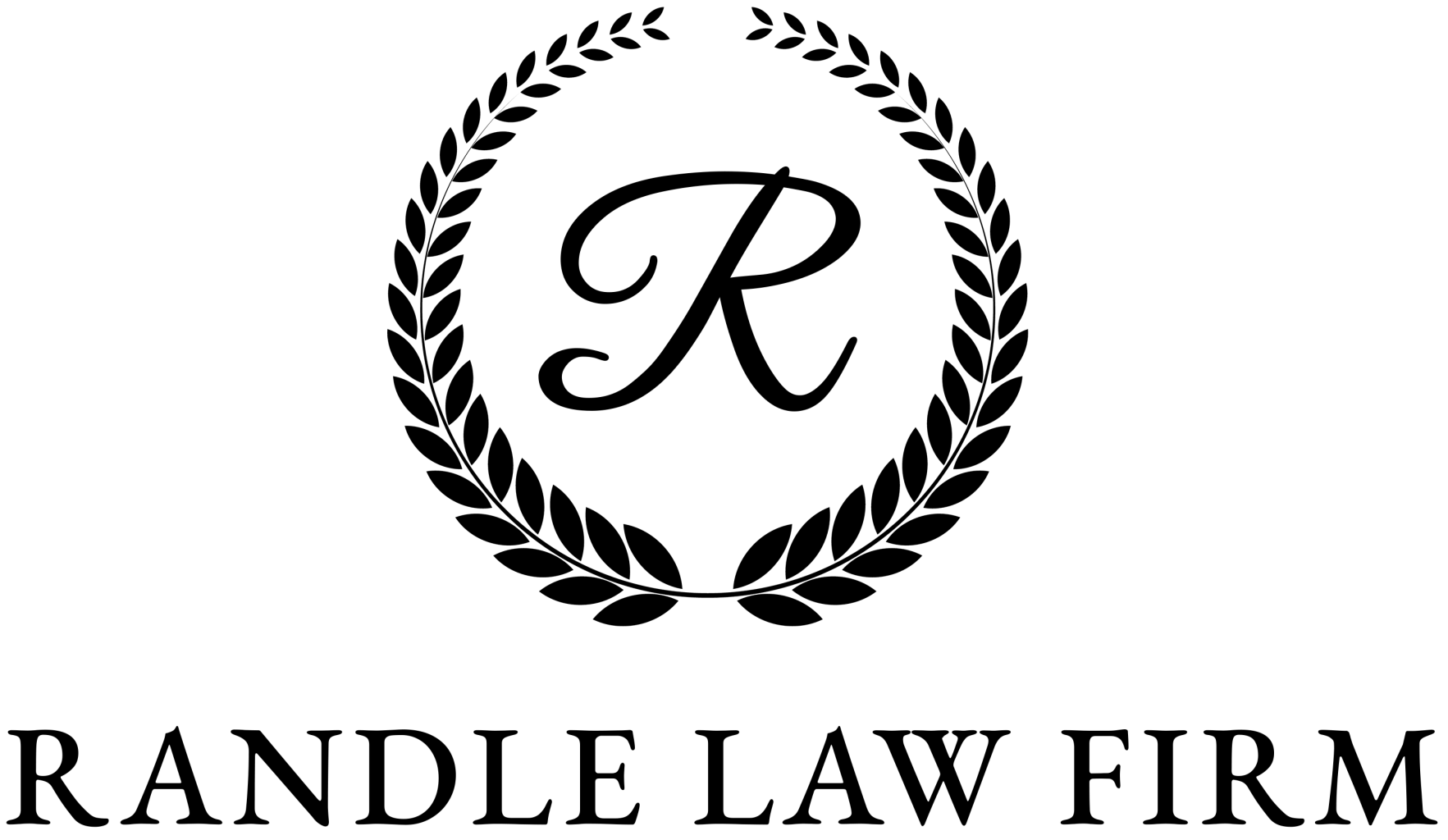Location:
8898 Old Lee Hwy
Suite 106
Ooltewah, TN 37363
Email: april@aprilrandlelaw.com
Phone: 423-521-8000
Fax: 423-521-8001
Repossession: What You Need to Know
Repossession: What
You Need to Know
Repossession is a scary thought; however, it’s also a reality should you fall behind on personal loans where you have pledged collateral to obtain the credit. Obviously, the best protection against repossession is to make your payments on time; but, if faced with less-than-perfect circumstances, here are some things you need to know about repossession.
What can be repossessed?
Collateral is any item used by a creditor to guarantee loan repayment in the case of a loan default. In other words, if you are unable to pay back your loan, collateral is the property the lender may take back and attempt to sell to get their money back. This can include your car, appliances and electronics. Anything used as collateral for a loan can be repossessed by the lender if they have followed the State’s guidelines for “securing” the loan with the items you offered. For example, if you pledge a car as collateral, the lender must have noted a lien on the physical certificate of title to the car. Typically, in Tennessee, the lender retains a copy of the title with its notation until the loan is paid in full. If the lender does not have their name on the title or there is no pending application for title, they should not legally be allowed to retake your vehicle for non-payment although they could still hold you responsible under the terms of the note. If you pledged personal items that you had before taking out a loan, such as appliances, lawn equipment, guns and electronics, the company has to file a UCC1, a document with the State of Tennessee that sets forth a description of the items you offered. If there is no UCC1 recorded then legally the company is not entitled to the property you listed. If you use store credit (Best Buy, Lowes, etc) or go through a related financing company (HSBC for “Rooms to Go”) to purchase items at the store, there is no requirement for a UCC1. These items are called purchase money security interests and they are automatically secured and can be repossessed for failure to pay.
When can my property be repossessed?
Repossession regulations can be built into any loan agreement; however, unless specifically stated, most state laws allow a lender to repossess property as soon as the first payment is not made. Luckily, most Creditors have instituted “grace periods” or acceptable time periods for payments to be made late without repercussions. It is important to recognize though, that these grace periods are not usually mandated by law, but merely offered by lending services as a customer service. Make sure to read your loan agreement carefully to know your legal rights to your property, but be aware, if you miss a payment, the financial institution may take its property back.
How is my property taken?
Repossession differs by item, institution, loan agreement, and state law. As a general rule in Tennessee, the lender can pick up a car without notifying you first. This can be attempted by the lender or a third party repossession agent. Often lenders will attempt to work with you and will send letters indicating their intent to repossess, but they do not have to do so. If you are delinquent, the lender can pick up your vehicle anywhere they can find it. If you are present when the lender or agent attempts to repossess the collateral, the agent/lender is not allowed to “breach the peace.” This means that if you do not voluntarily relinquish the car or you protest, the lender has to pick it up when you are not present or they must obtain a Court Order that allows them to pick the car up. If you have pledged personal property, such as household appliances and electronics, the lender may come to your home but they cannot force their way into the house. If you or those that live there do not allow them in, they must also get a Court Order to assume possession of the pledged items. Unfortunately, some lenders bully consumers who don’t know their rights. Many people fear there will be criminal ramifications for not allowing the repossession. Although you cannot hinder a secured creditor by hiding your car or the pledged items, you are not committing a crime by turning a lender away without a Court order, especially if you dispute the debt, are prepared to catch up or are prepared to file a bankruptcy.
What happens after my property
is repossessed?
In the State of Tennessee, in most cases, after repossessing property, the lending service will send you a letter notifying you that the collateral will be sold within 10 days if you don’t bring the account completely current or in some cases pay the loan in full. This is called a redemption period. If you do not redeem with the creditor, the creditor is authorized to sell the property to try and recover the money they loaned out. Tennessee and most states require property to be sold in a “commercially reasonable” way, such as a public auction or a private sale after posting a notice where people can view it. The most important thing to realize is that, if property is repossessed, or if you voluntarily surrender property that is subject to a creditor’s lien, unless otherwise stated in writing, the creditor can and likely will pursue you for the balance of the loan. This is called a deficiency balance and is the difference between your loan payoff, plus costs of collection/repossession, and the amount they received on the sale of the item(s). Because lenders often get less than fair market value at auction or a quick sale, a deficiency balance is likely. Verbal notice that a deficiency will not be pursued is not valid in Court so any waiver should be obtained in writing by a person with authority to make that decision.
Can I make arrangements with the lender
to avoid repossession?
As discussed above, you can bring your account current or make written arrangements with a lender to stave off repossession or redeem the vehicle if it has been taken. Some lenders have programs that allow you to skip a payment, put past due payments to the end of the note or pay extra each month until you are current. Please note that this is a customer service issue and is not a legal right; each lender is different and some lenders won’t offer any of these options.
What options do I have to keep my property or get it back after repossession?
If the lender refuses to work with you and you cannot get caught up, you have the option of filing a Chapter 13 bankruptcy to pay the secured loan over time instead of the lender repossessing your property. You will likely have a reduced payment at a reduced interest rate (interest rates in bankruptcy vary between 5-8%). In a Chapter 13, the lender cannot legally continue collection and/or repossession efforts if you are paying the lender through your case. Your property would be protected and you would not have to risk being sued in State Court for a deficiency balance. If your property has already been reposed but not yet sold by the lender, it is possible in some cases to force the lender to return the property to you and pay for it over time in a Chapter 13. If your property is taken and you want to get it back, you should consult our office immediately. If your property has been repossessed and Chapter 13 repayment is not an option, you may benefit from a Chapter 7 wherein, if eligible to file, you could surrender the item and wipe out any potential or previously assessed deficiency balance.
Obviously, the world of repossession is best avoided by making timely payments; however, life is full of unexpected twists and turns and finances are never as stable as we want them to be. If you get into trouble and repossession is looming, be familiar with how it works and stay in communication with both legal counsel and your financial institution.






-Office: 8898 Old Lee Hwy, Suite 106, Ooltewah, TN 37363
-Mailing:
P.O. Box 814, Ooltewah, TN 37363
-Email:
April@AprilRandleLaw.com
-Phone: 423-521-8000
-Fax:
423-521-8001
Law Office of April Perry Randle, PLLC.
(All Rights Reserved.)



